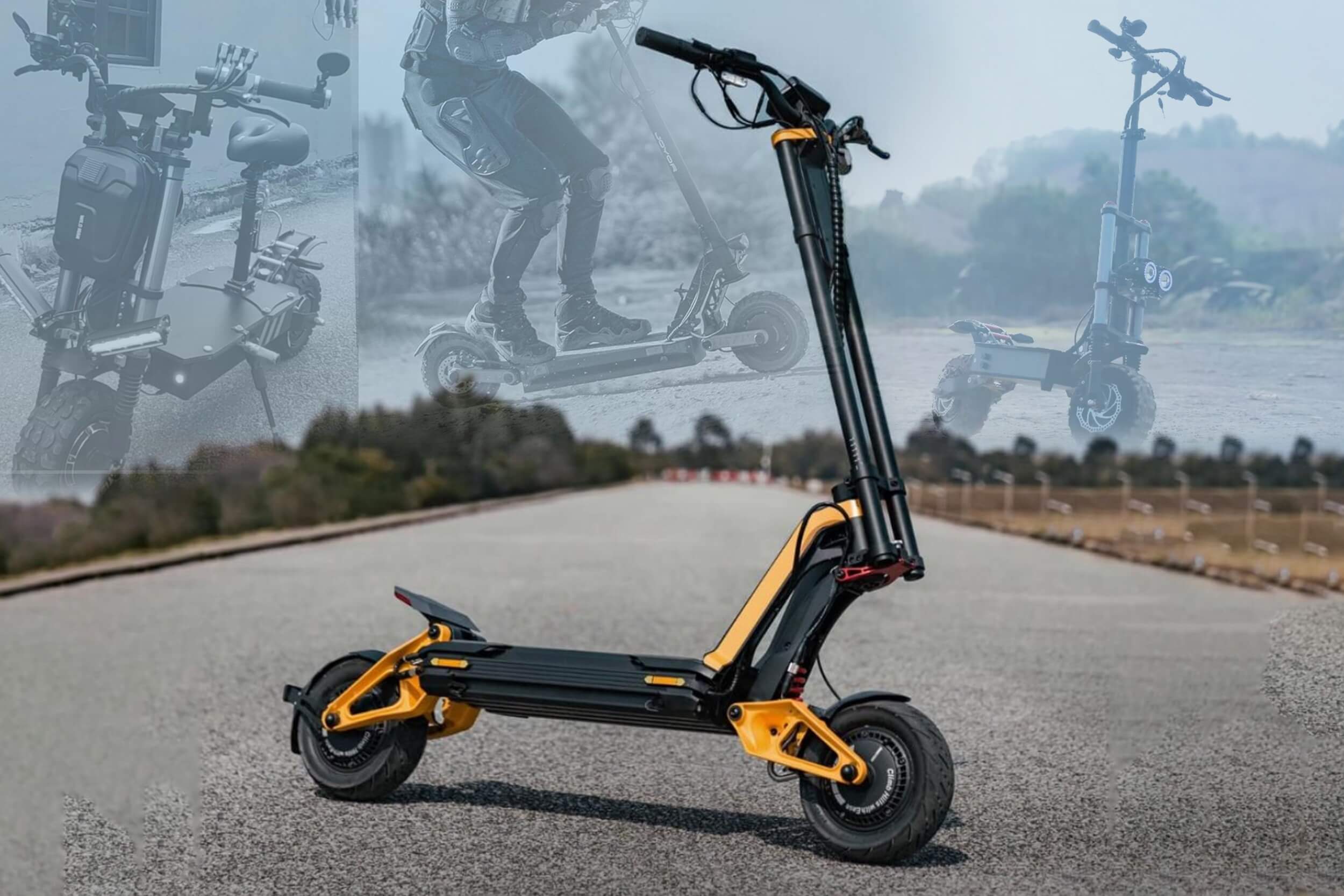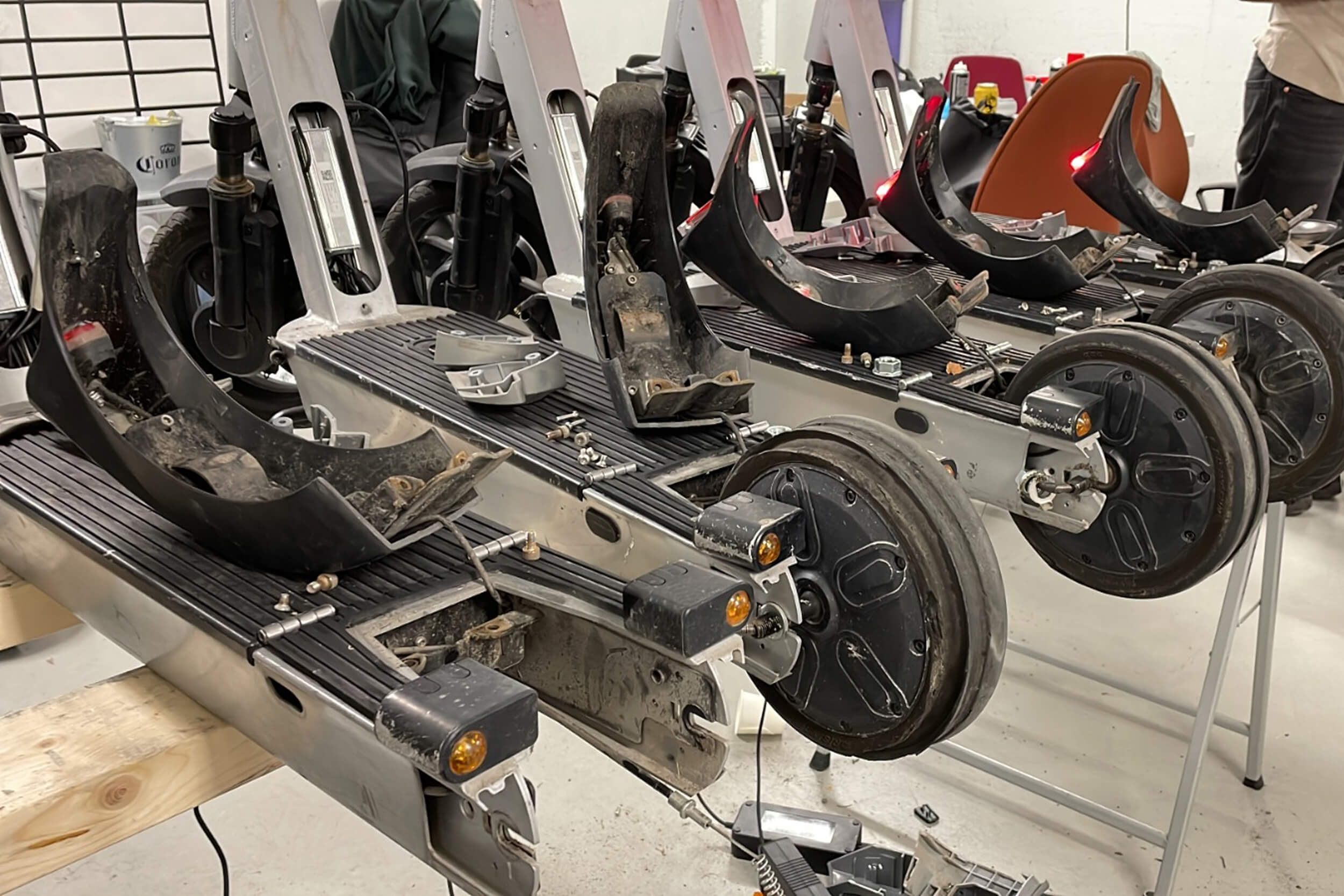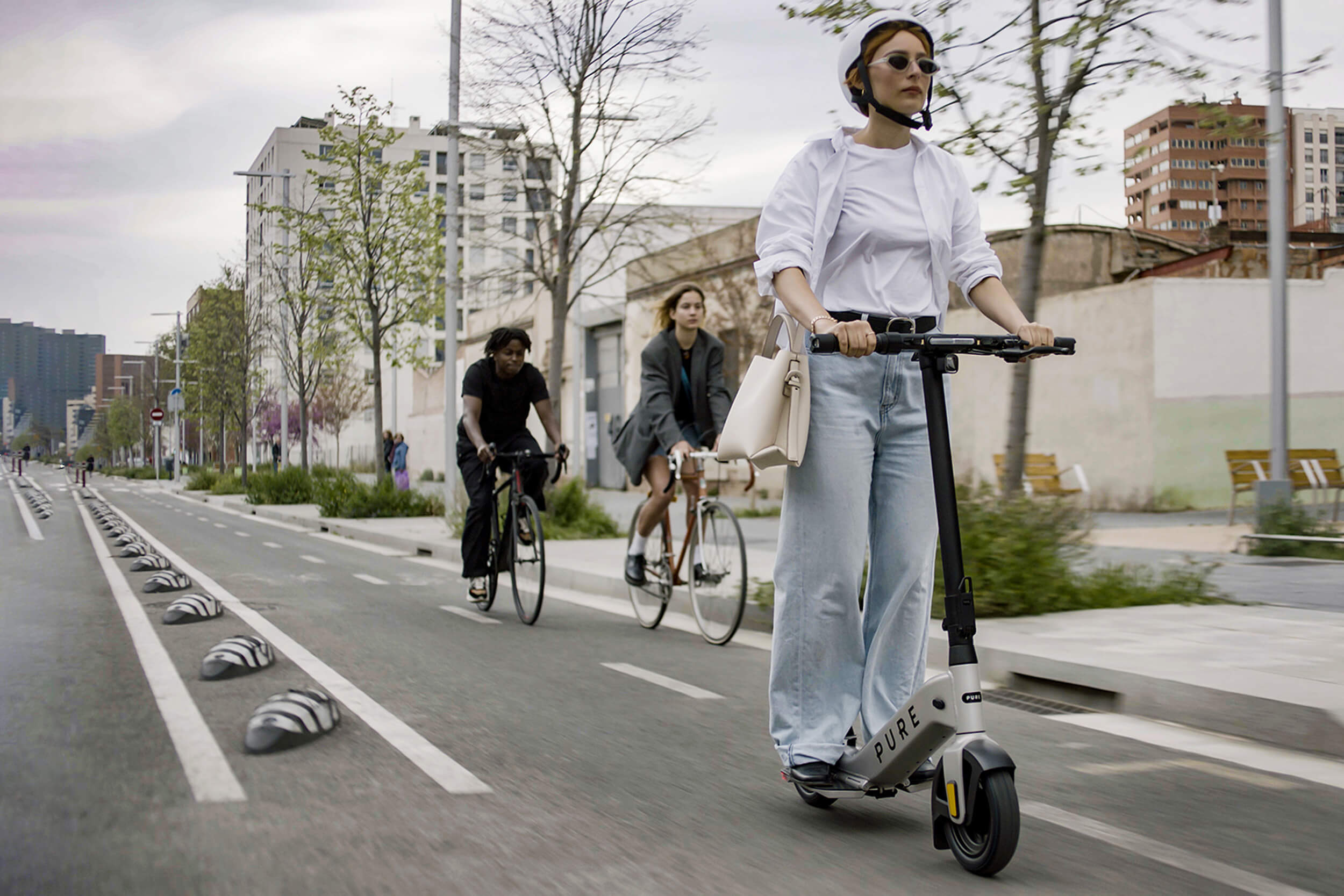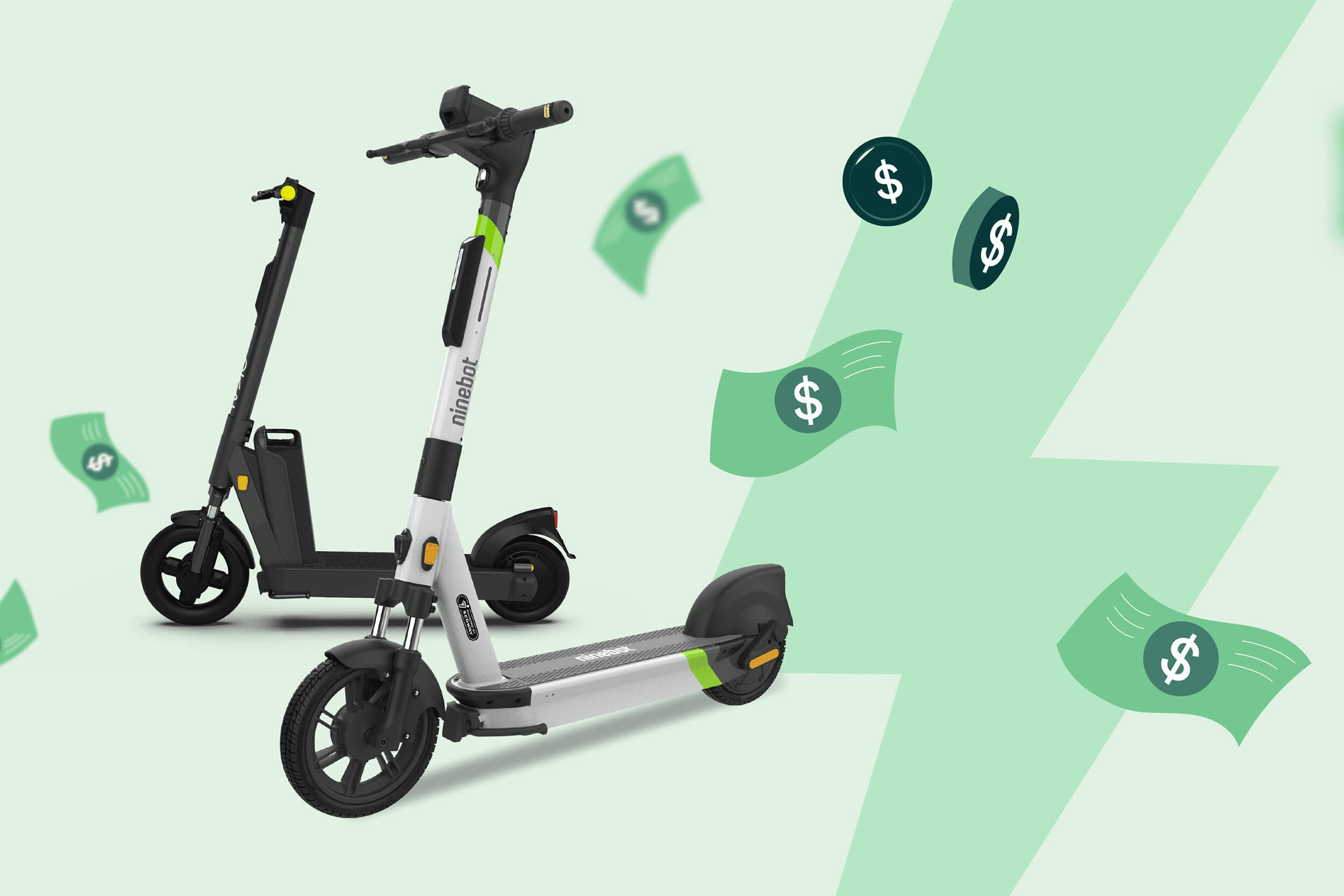
E-Scooter Etiquette: How to Share the Road Responsibly
December 1, 2024
Customizing Your E-Scooter: Fun Mods and Upgrades
February 1, 2025As e-scooters continue to grow in popularity, many individuals are considering investing in their own personal electric scooters. These sleek, convenient modes of transportation offer an eco-friendly alternative to cars and public transit, making them an appealing option for urban commuters. However, before making a purchase, it’s essential to understand the full scope of ownership costs beyond just the initial purchase price. This breakdown will explore the various expenses associated with owning an e-scooter, helping potential buyers make informed decisions.
1. Initial Purchase Price
The first cost to consider is the initial purchase price of the e-scooter. E-scooter prices can vary widely based on factors such as brand, model, specifications, and additional features. Budget scooters may start at around CAD 400 to CAD 600, while mid-range models typically fall between CAD 600 and CAD 1,200. Premium models equipped with advanced technology, longer battery life, and enhanced safety features can cost upwards of CAD 1,200, with some high-performance scooters exceeding CAD 2,000.
When choosing a scooter, it’s essential to consider not just the upfront cost but also the scooter’s capabilities and whether it suits your commuting needs. Investing in a reliable model may reduce long-term maintenance and replacement costs.
2. Battery and Charging Costs
Battery life is a significant consideration for e-scooter ownership. Most e-scooters utilize lithium-ion batteries, which typically last for 2 to 5 years, depending on usage and care. Over time, the battery may lose capacity, leading to a decrease in range. Depending on the model, a replacement battery can cost between CAD 200 and CAD 600.
In addition to replacement costs, you’ll need to consider the electricity costs associated with charging your scooter. Charging an e-scooter typically consumes between 0.2 to 0.5 kWh per full charge. The average electricity cost in Canada is about CAD 0.12 per kWh. If you charge your scooter from empty to full every day, you can expect to spend between CAD 8 to CAD 18 per month on electricity, depending on the model and battery capacity.
3. Maintenance and Repairs
Like any vehicle, e-scooters require regular maintenance to ensure safe and efficient operation. Common maintenance tasks include checking and inflating tires, lubricating moving parts, and inspecting brakes. Basic maintenance may cost around CAD 20 to CAD 50 per month, depending on how often you ride and the type of maintenance required.
Additionally, you should set aside funds for occasional repairs. E-scooters may suffer wear and tear over time, especially if used frequently on rough terrains or in adverse weather conditions. Repair costs can vary widely based on the specific issue, ranging from CAD 50 for minor fixes (like tire replacement) to CAD 200 or more for more significant problems (such as motor or electrical system issues). It’s advisable to budget CAD 100 to CAD 300 per year for unexpected repairs and maintenance.
4. Accessories and Safety Gear
To ensure a safe riding experience, investing in proper accessories and safety gear is essential. While not mandatory, wearing a helmet can significantly reduce the risk of injury in case of accidents. A quality helmet can cost between CAD 50 and CAD 200, depending on the brand and features.
Other safety accessories you might consider include:
- Lights: Front and rear lights improve visibility, especially when riding at night, costing around CAD 30 to CAD 100.
- Reflective gear: Vests or decals can enhance visibility, typically ranging from CAD 10 to CAD 50.
- Lock: A good lock is crucial for protecting your scooter from theft, with prices ranging from CAD 20 to CAD 100.
In total, you might spend between CAD 100 and CAD 400 on safety gear and accessories.
5. Insurance and Registration Costs
In many regions, e-scooter riders are not required to carry insurance, but it can provide peace of mind and financial protection in the event of an accident. Depending on the coverage and provider, e-scooter insurance can range from CAD 100 to CAD 300 annually.While registration requirements vary by location, some cities may require e-scooters to be registered, typically costing between CAD 20 and CAD 60. It’s important to check local regulations to understand if registration is necessary in your area.
6. Parking and Storage Expenses
Another often-overlooked cost of e-scooter ownership is parking and storage. If you live in an urban area with limited space, you may need to invest in a secure storage solution, like a scooter cover or lockable bike rack. These costs can range from CAD 30 to CAD 150.
If you plan to use public transportation alongside your e-scooter, consider the costs associated with bringing your scooter onto buses or trains, which may have specific fees or policies.
7. Depreciation
Lastly, it’s essential to consider depreciation when calculating the cost of e-scooter ownership. E-scooters can lose value quickly, especially when new models are released or if significant wear occurs. On average, e-scooters can depreciate by about 20% to 30% in the first year. If you decide to sell your scooter in the future, this depreciation will affect your return on investment.
Owning an e-scooter can be a cost-effective and enjoyable way to travel short distances, but it’s essential to account for the total cost of ownership. By considering factors such as the initial purchase price, battery and charging costs, maintenance, safety gear, insurance, and potential depreciation, you can make a more informed decision about whether an e-scooter is the right investment for your transportation needs. With the right planning and budgeting, you can enjoy the freedom and convenience of e-scooter travel while keeping expenses in check.



